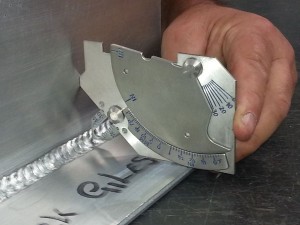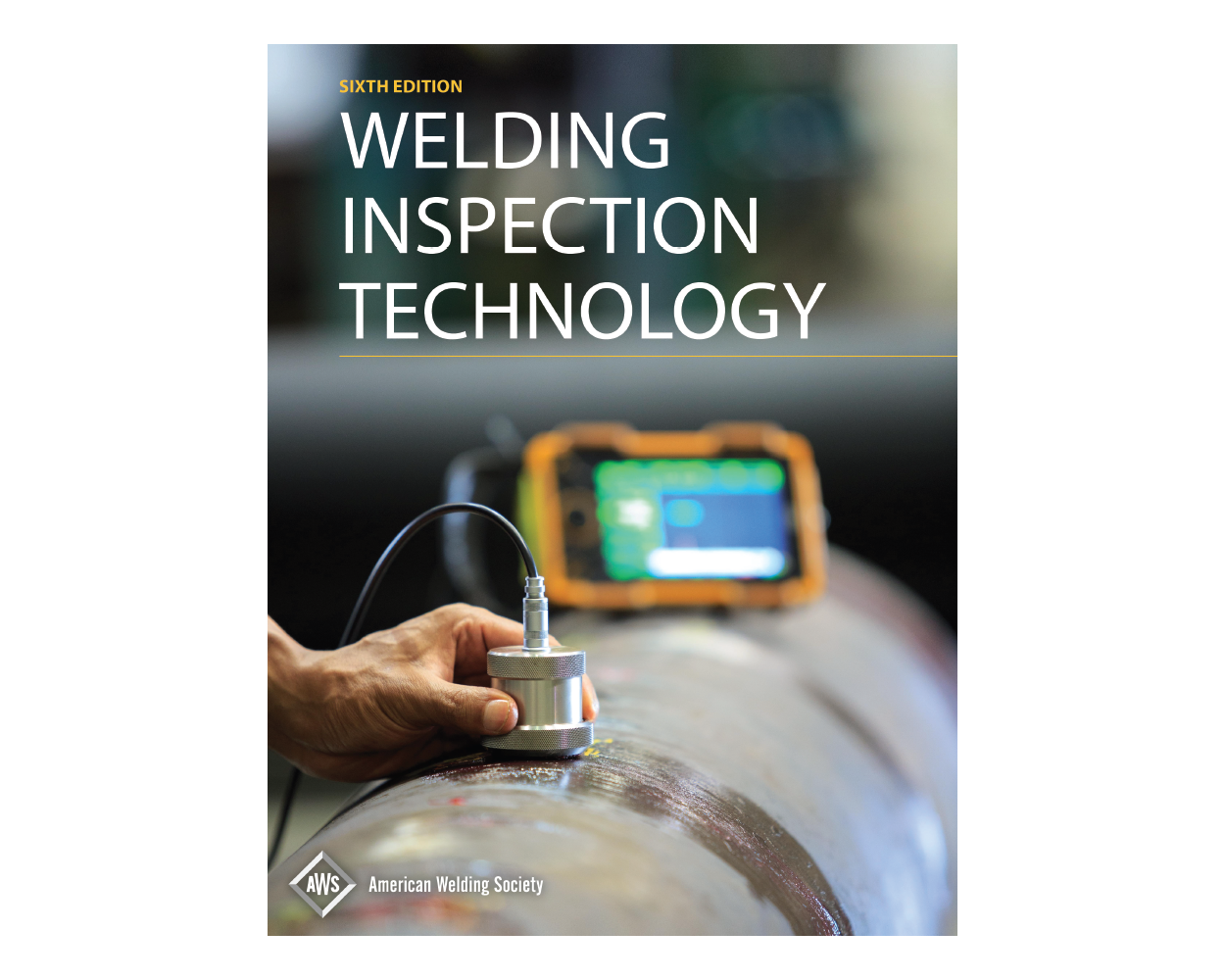How Regular Welding Inspection Madison Can Save You Time and Money
How Regular Welding Inspection Madison Can Save You Time and Money
Blog Article
The Relevance of Thorough Welding Assessment in Industrial Applications
In the realm of industrial applications, the significance of precise welding inspection can not be overemphasized. It plays a necessary role in ensuring the architectural stability and durability of bonded parts. Advanced non-destructive testing strategies enable the early detection of possible problems, such as splits and incomplete blend, which, if left uncontrolled, might lead to tragic failures. In addition, adherence to stringent industry standards not only ensures top quality but likewise builds customer confidence. As we explore the diverse advantages of diligent welding inspections, one need to consider the wider effects on safety, dependability, and cost-effectiveness in commercial procedures.
Enhancing Architectural Integrity
When it comes to welding examination in industrial applications, boosting architectural honesty is paramount. The key objective of welding assessment is to guarantee that the welds are capable of bearing the anticipated lots and anxieties they will certainly run into in solution.
The value of maintaining architectural stability in welded frameworks can not be overemphasized. Improperly performed welds can lead to tragic failures, resulting in costly fixings, downtime, and also endangerment of human lives. For that reason, inspectors play a critical function in the lifecycle of industrial components, supplying assurance that the welding procedure delivers the preferred stamina and sturdiness.
Furthermore, progressed innovations, such as phased selection ultrasonic testing and electronic radiography, deal improved capacities in finding potential weaknesses, enabling corrective steps prior to problems intensify. By focusing on the integrity of welds with thorough inspection, sectors can make sure functional performance and prolong the long life of their framework.
Recognizing Welding Flaws
Recognizing welding defects is a vital facet of ensuring the security and dependability of bonded frameworks. These issues can compromise the stability of the whole setting up and, if left unaddressed, might bring about catastrophic failures. Usual welding defects include porosity, cracks, incomplete fusion, and undercutting. Each of these problems emerges from particular reasons, such as improper welding techniques, contamination, or inadequate heat control.

Proficient inspectors utilize both aesthetic evaluation and progressed non-destructive testing (NDT) methods, such as ultrasonic or radiographic testing, to discover these flaws. The prompt identification and rectification of welding flaws are important to preserve the architectural integrity and durability of commercial elements.
Making Sure Conformity Criteria
Compliance with recognized requirements, such as those offered by the American Welding Society (AWS) and the International Company for Standardization (ISO), makes certain that welds satisfy minimal security and high quality requirements. These standards incorporate a large variety of requirements, including material specifications, welding procedures, and credentials of welders.
Normal audits and examinations are crucial in confirming conformity. Assessors need to possess a detailed understanding of the relevant criteria and be proficient at making use of various non-destructive screening (NDT) techniques to review weld high quality. By making certain that welding methods straighten with compliance criteria, firms alleviate the threat of non-conformity, which can result in lawful liabilities and safety threats.
Furthermore, keeping compliance not only safeguards architectural integrity however likewise boosts a company's track record in the sector. Clients and stakeholders are more probable to depend on companies that consistently demonstrate a dedication to top quality and safety and security with extensive conformity. Hence, guaranteeing compliance requirements is an important element in the successful application of welding in industrial applications.
Minimizing Upkeep Prices

The application of advanced non-destructive screening (NDT) methods, consisting of ultrasonic, radiographic, and magnetic bit inspections, improves the ability to identify subsurface problems without compromising the architectural integrity of parts. By employing these methods, industries can dramatically extend the life span of their equipment, lowering downtime and the associated economic worry of maintenance tasks.
Additionally, a durable welding inspection routine sustains the optimization of maintenance schedules, shifting from responsive to anticipating upkeep methods. This positive approach not only reduces unanticipated failures yet also improves source allocation, making sure that upkeep efforts are focused and reliable. Ultimately, the investment in extensive welding examination is offset by the substantial cost savings realized via lowered maintenance demands, adding favorably to the total functional efficiency of industrial ventures.
Improving Precaution
Welding inspection plays a critical duty in this context, as it makes certain that all joints and links meet strict security criteria. Comprehensive inspections aid determine defects such as splits, porosity, or insufficient fusion that might jeopardize structural honesty.
Techniques like ultrasonic screening, radiographic screening, and magnetic particle evaluation enable for detailed examination without damaging the structure. Applying a robust top quality control system that includes regular training click this for welders and assessors ensures adherence to established security requirements.
Last but not least, cultivating a culture of safety within the organization emphasizes the importance of comprehensive welding examinations. Encouraging open communication and collaboration amongst welders, examiners, and designers adds to a common dedication to security quality. Welding Inspection Madison. In doing so, markets can secure their operations, secure employees, and keep public trust fund

Conclusion
Thorough More Help welding inspection is crucial in commercial applications, substantially improving structural integrity and integrity. By utilizing sophisticated non-destructive testing techniques, prospective welding problems such as cracks and insufficient combination are identified early, ensuring conformity with market criteria and cultivating client trust fund. Rigorous inspections lead to decreased maintenance prices and add to a much safer working environment. Eventually, the thorough execution of welding inspections plays a crucial function in maintaining functional efficiency and security in industrial setups.
As we explore the diverse advantages of diligent welding evaluations, one must think about the more comprehensive implications on security, integrity, and cost-effectiveness in commercial operations.
The key goal of welding examination is to ensure that the welds are capable of birthing the anticipated lots and anxieties they will come across in solution. Efficient welding inspection plays an essential function in decreasing these prices by ensuring the integrity and durability of welds, consequently alleviating the threat of early failings.Thorough welding evaluation is important in industrial applications, substantially improving architectural useful source stability and dependability. Eventually, the thorough execution of welding evaluations plays a vital function in preserving operational efficiency and safety and security in industrial setups.
Report this page